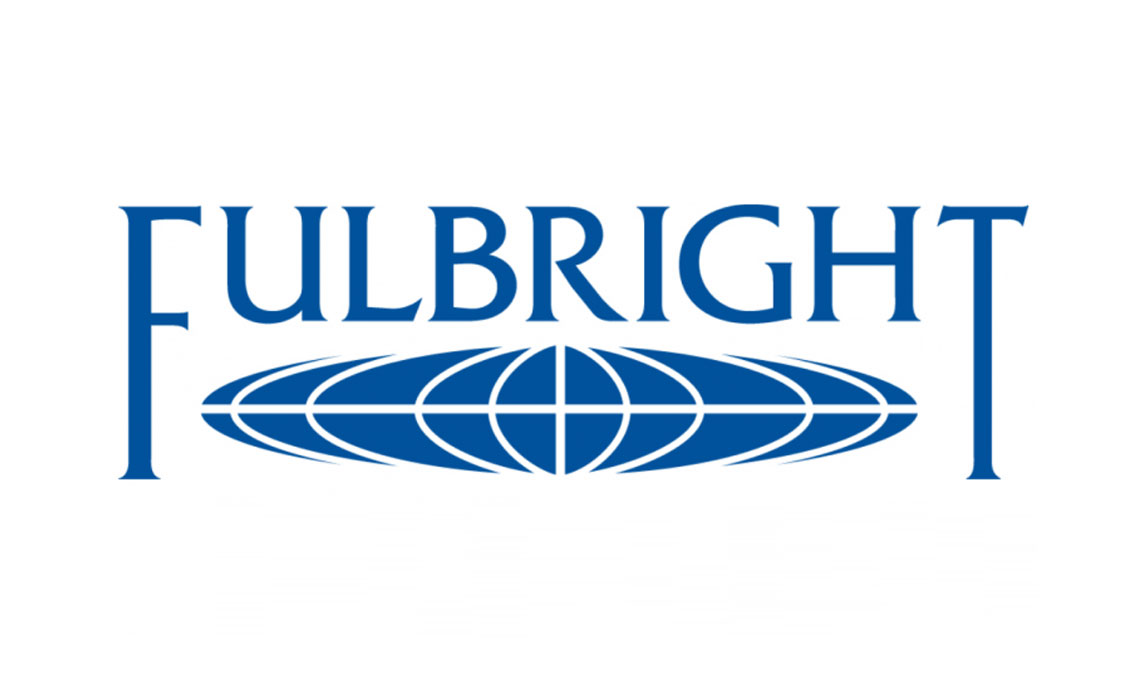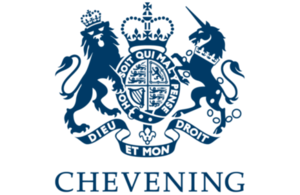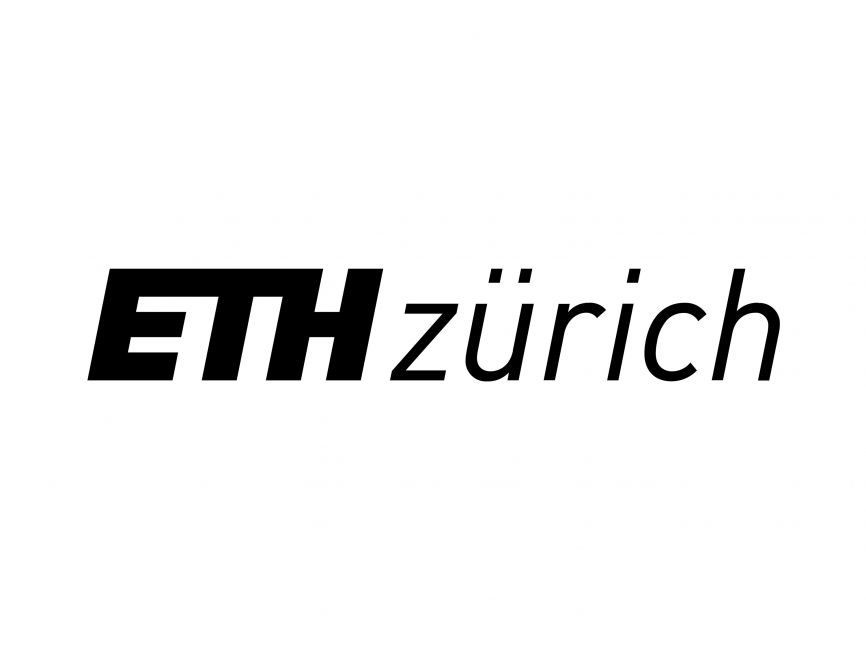Commonwealth Scholarship
Commonwealth Scholarships for Pakistani Students

Study abroad expert advice
Don't waste time! just fill the form to get help.
Commonwealth Scholarships for Pakistani Students: A Complete Guide
The Commonwealth Scholarships are a prestigious and highly competitive popular scholarship program funded by the UK Foreign, Commonwealth & Development Office. They offer talented Pakistani students and professionals a life-changing opportunity to pursue fully-funded Master's and PhD degrees at top universities in the United Kingdom. This guide provides a detailed overview of the Commonwealth Scholarships Pakistan application process, benefits, and eligibility for the upcoming intake cycles.
Overview – Study in the UK with a Commonwealth Scholarship
These scholarships aim to support future innovators and leaders who can contribute to sustainable development in their home countries. For Pakistani applicants, the program is administered through the Higher Education Commission (HEC), which conducts a rigorous national nomination process. The popular scholarship program covers a wide array of academic fields, with a particular focus on themes that align with global development goals, such as science and technology for development, strengthening health systems, and promoting global prosperity.
Benefits of the Commonwealth Scholarship
The financial package is comprehensive, ensuring scholars can focus entirely on their studies. It includes full coverage of tuition and university fees, a monthly living allowance (stipend), round-trip airfare from Pakistan to the UK, and an arrival allowance. Furthermore, the scholarship provides thesis grant support, warm clothing allowance, and study travel grant for fieldwork, making it one of the most generous scholarships available for postgraduate study abroad.
Eligibility Criteria for Commonwealth Scholarship Pakistan
To be eligible for the Commonwealth Scholarships Pakistan, applicants must be Pakistani/AJ&K nationals and permanent residents of Pakistan. Candidates must hold a first-class Master's degree (minimum 16 years of education) in a relevant field of study for PhD applications, or a first-class Bachelor's degree (minimum 16 years) for Master's applications. A minimum of two years of work experience in a related field is mandatory, and applicants must be available to start their academic studies in the UK by the start of the UK academic year in September/October.
Application Process and Timeline
The application for Commonwealth Scholarships Pakistan is a dual process. First, candidates must submit a complete online application to the HEC Pakistan portal, typically announced in early spring. After a rigorous shortlisting and interview process, the HEC nominates candidates to the Commonwealth Scholarship Commission (CSC) in the UK. The final selection is made by the CSC, with results announced by July. It is critical to prepare all documents, including research proposals, academic transcripts, and references, well in advance of the HEC deadline.
Overview – Study in the UK with a Commonwealth Scholarship
The Commonwealth Scholarship Commission (CSC) in the UK, supported by the UK Foreign, Commonwealth & Development Office (FCDO), offers fully funded scholarships to talented students from Commonwealth countries, including Pakistan. This prestigious program promotes education, research, and sustainable development in low and middle-income countries.
Since its establishment in 1960, the CSC has supported over 30,000 scholars, many of whom have made outstanding contributions globally and in their home countries. The scholarships are highly competitive, awarded based on academic excellence, research strength, and the developmental impact of the proposed study.
Programs Offered Under Commonwealth Scholarships
The Commonwealth Scholarships help students from Pakistan pursue Master’s and PhD degrees at leading UK universities. These programs focus on fields that contribute to the development goals of Commonwealth countries.
Priority Research Themes
- Science and Technology for Development
- Strengthening Health Systems and Capacity
- Promoting Global Prosperity
- Supporting Peace, Security, and Governance
- Building Resilience and Crisis Response
- Ensuring Access, Inclusion, and Opportunity
Students can choose any academic discipline, but preference is given to fields that show potential for positive impact in Pakistan.
Types of Commonwealth Scholarships
- Commonwealth Master’s Scholarships – For full-time Master’s programs.
- Commonwealth PhD Scholarships – For doctoral research studies.
- Commonwealth Split-site PhD Scholarships – For ongoing PhD students seeking partial study in the UK.
- Commonwealth Shared Scholarships – Jointly funded by CSC and UK universities for Master’s study.
- Commonwealth Distance Learning Scholarships – For online Master’s degrees from Pakistan.
- Commonwealth Professional Fellowships – For mid-career professionals seeking short-term research or training in the UK.
Benefits of the Commonwealth Scholarship (Fully Funded Coverage)
The Commonwealth Scholarships for Pakistan are fully funded, providing comprehensive financial support throughout your study period in the UK.
Financial Coverage Includes:
- Full Tuition Fees: Covered under an agreement between CSC and the UK university.
- Airfare: Return economy flights from Pakistan to the UK.
- Living Stipend: £1,378 to £1,690 per month (depending on location).
- Warm Clothing Allowance: Provided where applicable.
- Study Travel Grant: Covers academic travel within or outside the UK.
- Thesis Grant: Assistance for PhD thesis preparation costs.
- Family Allowance: £590/month for the first child and £146/month for the second and third children under 16 (conditions apply).
- Visa Fee Coverage: Scholarship covers student visa application fees.
For Distance Learning Scholarships, students receive full tuition coverage and access to study materials and online resources, as there are no travel or living costs involved.
Eligibility Criteria for Commonwealth Scholarship Pakistan
Applicants must meet both Commonwealth Scholarship Commission (CSC) and Higher Education Commission (HEC) Pakistan eligibility requirements.
General CSC Eligibility
- Be a citizen or refugee of a Commonwealth country (Pakistan is eligible).
- Have permanent residency in an eligible Commonwealth nation.
- Be available to start studies in the UK by September/October 2026.
- Hold at least a 2:1 undergraduate degree or a lower second-class degree plus a relevant Master’s degree.
- Prove financial need (unable to afford UK studies without a scholarship).
- Submit all required documents and references.
- PhD applicants must not already be enrolled in a PhD/MPhil in the UK or home country before the award begins.
HEC Pakistan Specific Eligibility
- Must be a Pakistani or AJ&K national and permanent resident (dual nationals ineligible).
- For Master’s: First-class Bachelor’s/Master’s (16 years of education) in a relevant field.
- For PhD: First-class MS/MPhil (17–18 years of education) in a relevant field.
- No second or third division in the final degree.
- Applicants awaiting results must get validation from HEC.
- HAT Test (Higher Education Aptitude Test): Minimum score of 60/100
- English Proficiency: IELTS/TOEFL may be required by UK universities even if not by HEC.
How to Apply for Commonwealth Scholarship (Pakistan via HEC)
The application process involves two mandatory steps — applying via both CSC and HEC portals.
- Apply via the CSC Online Portal
- Complete the online application form with personal, academic, and professional details.
- Upload transcripts, degree certificates, references, and (for PhD) a research proposal and supervisor statement.
- Note: CSC does not accept direct applications; you must apply through a nominating agency (HEC for Pakistan).
- Apply via the HEC Online Portal
- Registeration
- Fill the form mirroring your CSC application and upload HEC-attested documents, CNIC, domicile, and HAT test result.
- Submit before the HEC deadline (usually mid-October).
- Important Notes
- Both applications are mandatory – missing one means disqualification.
- Deadlines typically run from September to October each year.
- HEC nominates candidates, while CSC makes the final selection.
- PhD applicants should secure a supervisor acceptance letter from a UK university.
FAQs – Commonwealth Scholarship for Pakistani Students
1. Is IELTS required for the Commonwealth Scholarship?
HEC may not require IELTS for nomination, but most UK universities will need proof of English proficiency such as IELTS or TOEFL.
2. Is there an age limit for applying?
No age limit applies. Selection is based on academic merit, leadership potential, and developmental impact.
3. Can dual nationals apply?
No. Dual nationals are usually not eligible to apply through HEC Pakistan.
4. What is the HAT test and why is it required?
The HAT (Higher Education Aptitude Test) is mandatory for Pakistani applicants. You need a minimum score of 60/100.
5. Can I apply if I’m waiting for my final degree results?
Yes, conditionally — you must complete your degree before the academic session begins in September/October.
6. How competitive are Commonwealth Scholarships?
Extremely competitive and prestigious — candidates with strong academics, leadership, and a clear development-focused study plan have higher chances.
7.Do I need an admission offer before applying?
No. You apply first through HEC and CSC. Admission to a participating UK university happens after shortlisting.
8. Can I take my family to the UK?
Yes, dependents can usually accompany scholars, but family travel costs are not covered.
9. What happens after completing the scholarship?
Scholars must return to Pakistan to contribute to national development and can join the Commonwealth Alumni Network for global collaboration.
Conclusion – Apply Now for the Commonwealth Scholarship
The Commonwealth Scholarship offers a life-changing opportunity for talented Pakistani students to study in the UK for free. With fully funded coverage, world-class education, and a strong focus on development and innovation, it’s one of the best scholarships available for Pakistani students aspiring to make a global impact.
Related Popular Scholarships
| Scholarship Name | Type | Category | Action |
|---|---|---|---|
| Popular |
All Levels
|
View Details | |
| Popular |
All Levels
|
View Details | |
| Popular |
All Levels
|
View Details | |
| Popular |
All Levels
|
View Details | |
| Popular |
All Levels
|
View Details | |
| Popular |
All Levels
|
View Details | |
| Popular |
All Levels
|
View Details | |
| Popular |
All Levels
|
View Details | |
| Popular |
All Levels
|
View Details | |
| Popular |
All Levels
|
View Details |

Get Latest Scholarships in Your Email
Subscribe to our scholarships alert and get notified for every new scholarships of your choice

Subscribe to Scholarship Alerts
Get the latest scholarships delivered to your inbox
Thank You!
You've successfully subscribed to our scholarship alerts.
Redirecting in 3













.jfif)




